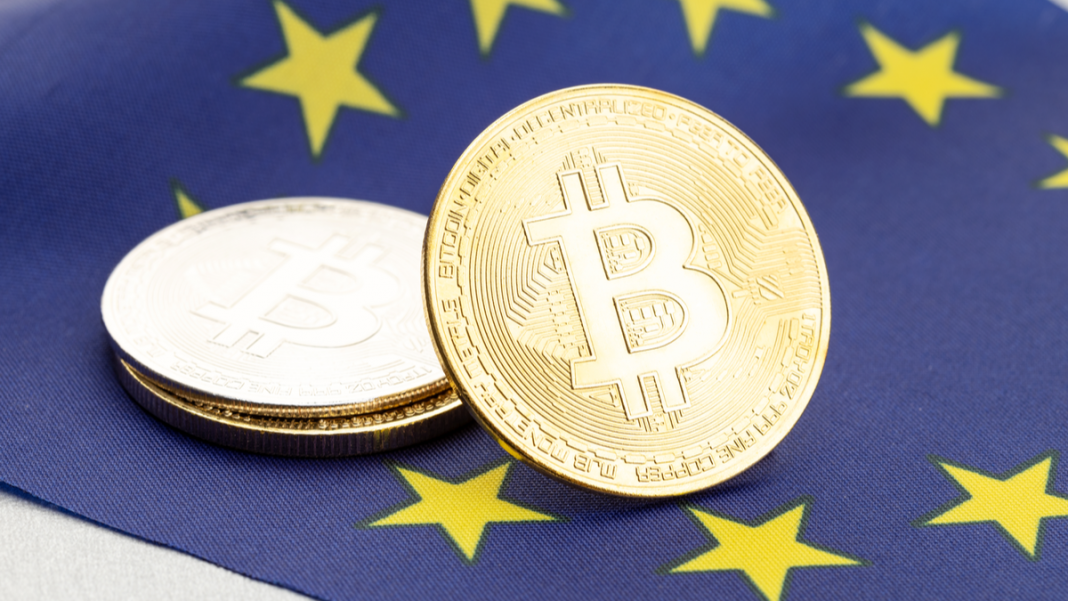A provisional agreement between the European Union Council, Parliament and Commission has concluded on a new regulatory framework to collect data from crypto transactions across the continent.
The Transfer of Funds Regulation (ToFR) was sealed 29 June and will enforce stricter measures for crypto providers to comply and adjust previous methods accordingly.
This comes after months of meetings between the trident regulators, with the ToFR expecting to come into play once the Markets in Crypto Assets (MiCA) bill becomes effective in 18 months.
A lot of people seem to be mixing up the two EU crypto regulations TFR & MiCA.
— Patrick Hansen (@paddi_hansen) June 30, 2022
TFR (AML rules implementing the travel rule) was agreed upon yesterday.
MiCA (comprehensive framework for issuers, service providers & market participants) is being finalized at this exact moment.
The ToFR outlines that every crypto transaction, made via an unhosted wallet or at a crypto ATM, must have its data collected by a Crypto Asset Service Provider (CASP).
Unhosted wallets were of particular interest to the regulating bodies, with the ToFR also stating that transactions €1,000+ will require an identity to be verified. Rules such as this are one of several AML rules surrounding crypto within the new regulation.
The new rules do not apply to peer-to-peer transactions however, affording people the opportunity to use this payment method if they are uncomfortable with their data being shared.
EU lawmaker Ernest Urtasun, went into detail on the new regulations attempting to address the ‘crypto wild west’ via a thread on Twitter.
He stated: “After months of negotiations with the Council, we agreed the most ambitious travel rule for transfers of crypto-assets in the world. We are putting an end to the wild west of unregulated crypto, closing major loopholes in the European anti-money laundering rules.”
The new rules have been met with backlash from crypto users, believing that the rules stifle the crypto transaction process. In terms of the EU using the ToFR to mitigate crypto financial crime, respondents took issue with the EU turning a blind-eye to the same financial crimes associated with fiat currencies.
Crypto users also raised concerns that blockchain innovation may be delayed, whilst breaches of data privacy were also raised.
The new EU regulatory framework comes after the crypto market has seen a decline over the past several months, including its most popular token, Bitcoin. The EU parties believe the new rules will increase due diligence on the part of CASPs and mitigate such financial crimes.























